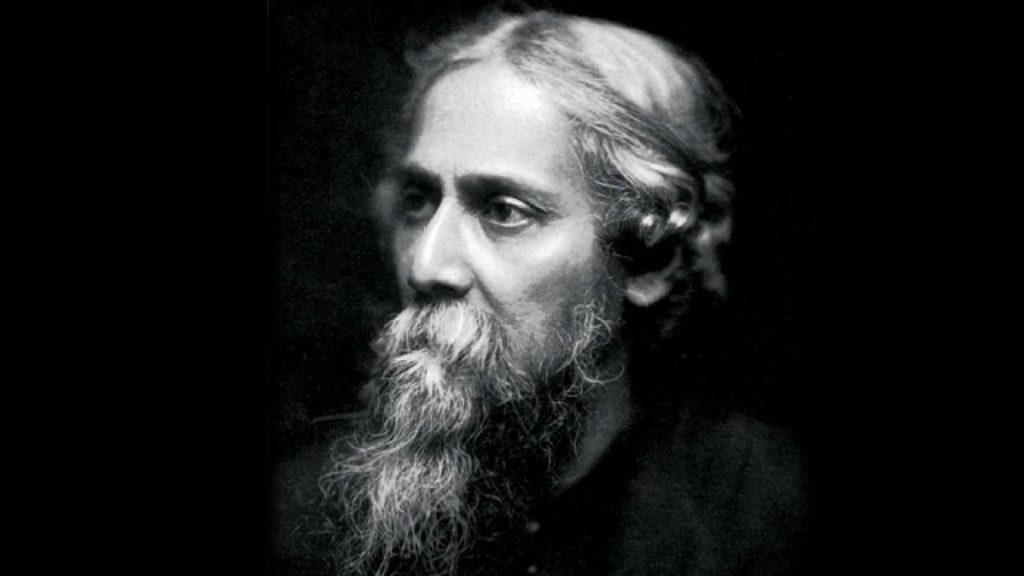Harasankar Adhikari
Just a century ago, in 1919, The Philosophy of Rabindranath Tagore was published. It was one of the scholastic fellowships of Dr. Sarvepalli Radhakrishnan. Before this publication, Indian intellectuals did not consider that a poet could be a philosopher, and so Tagore was not recognised as a philosopher. Only after publication of this work of Dr. Radhakrishnan did Tagore come to be recognised as a philosopher also. In the preface of this book, Radhakrishnan said, “interpreting the philosophy and message of Sir Rabindranath Tagore, we are interpreting the Indian ideal of philosophy, religion, and art of which his work is the outcome and expression.”
Dr Radhakrishnan writes, ‘Rabindranath’s teaching, with its vital faith in the redeeming power of the spiritual forces and their up-building energy, has a particular value at the present moment, when the civilised world is passing through the crucible of a ghastly war which, whether or not it purges the nations of their pride and hate, lust for gold and greed of land, at least proclaims, in no uncertain tones, the utter bankruptcy of materialism.”
Analysing Tagore’s philosophy, he stated, “There are two views regarding his philosophy of life. If we believe one side, he is a vedantin, a thinker who draws his inspiration from the Upanishads. If we believe the other, he is an advocate of a theism more or less like, if not identical with, Christianity.” Tagore’s philosophy is “the ancient wisdom of India restated to meet the needs of modern times. The soul of ancient India is mirrored in.” Radhakrishnan also opined, “his philosophy is thoroughly Indian both in origin and development.”
Tagore believed that it is in human action that God and religion are realised. Dr. Radhakrishnan viewed, “He gives us a ‘human’ God, dismisses with contempt the concept of world-illusion, praises action overmuch and promises fullness of life to the religious soul.”
Dr. Radhakrishnan also said, “Rabindranath advocates the ideal of unity and harmony, and not uniformity and identity. He puts forward a plea for mankind by advocating the ideal of a family of nations for which every member will bring his unique gift.”
In these difficult times, Tagore’s philosophical musings still show us the light. In this 150th birth anniversary of Tagore, learning from his would be the greatest homage to him.

Some Suggestions for Promoting Communal Harmony
Letter to Editor Communal harmony is of paramount component for the social, economic and cultural development of any country. If only the followers of different religions had the vision of Swami Vivekananda who had proclaimed: “Different religions are like the streams which lead to the same ocean”! If all people developed a deeper understanding

